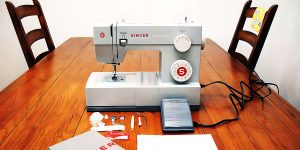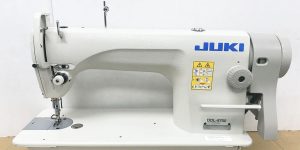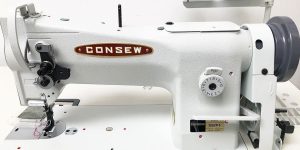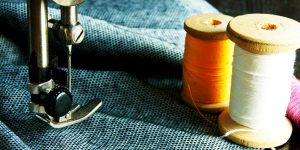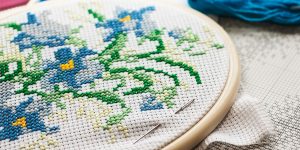Sewing is an age-old craft that has been around for centuries and remains a popular hobby and business for many people worldwide. From creating unique and personalized clothing items to making home décor and accessories, sewing hobbies offer a wide range of benefits. In this article, I will cover all the benefits of sewing as both a hobby and a business and how it can positively impact your life.
The benefits of sewing
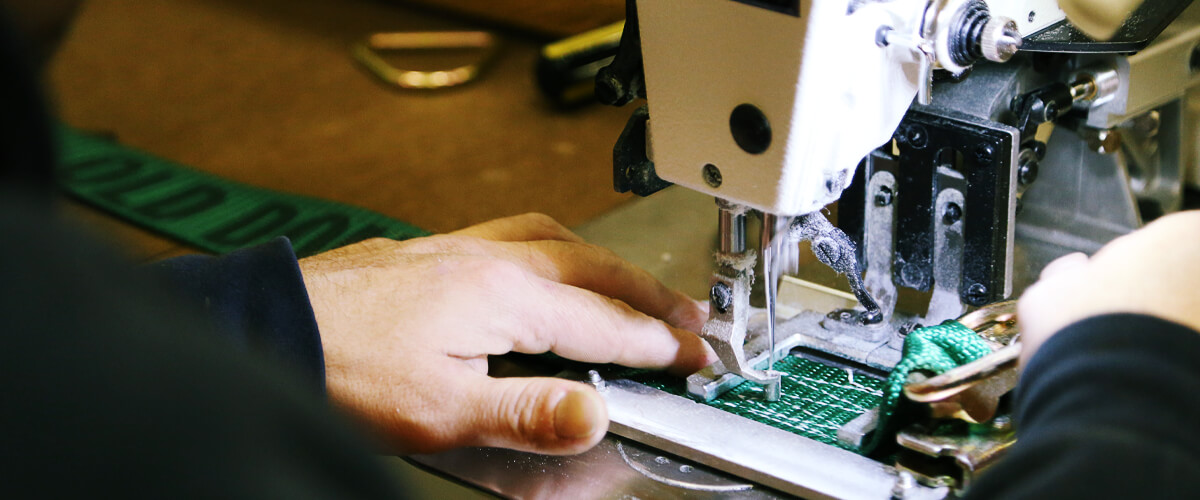
Sewing is not just a hobby, it’s a way of life. It’s a wonderful way to express your creativity and imagination while also gaining practical skills that you can use in many different areas of life.
Here are some of the top benefits of sewing I find most enticing:
- Creativity and self-expression. Let your imagination run wild and create something unique and personal.
- Stress relief. This activity is a great way to unwind and relax, helping you to reduce anxiety and tension.
- Practical skills. Learn skills such as measuring, cutting, and stitching that you can apply in different areas of your life.
- Cost-effectiveness. Create your own clothing and accessories and save money on expensive designer brands.
- Sense of accomplishment. The satisfaction of finishing a project you created with your own hands can boost your self-confidence.
- Social connection. Join a textile arts group or attend a class to meet new people who share your passion.
People of all ages and skill levels can enjoy sewing as a hobby. Whether you’re a beginner or an experienced sewist, there is always something new to learn and discover.
Getting started with sewing
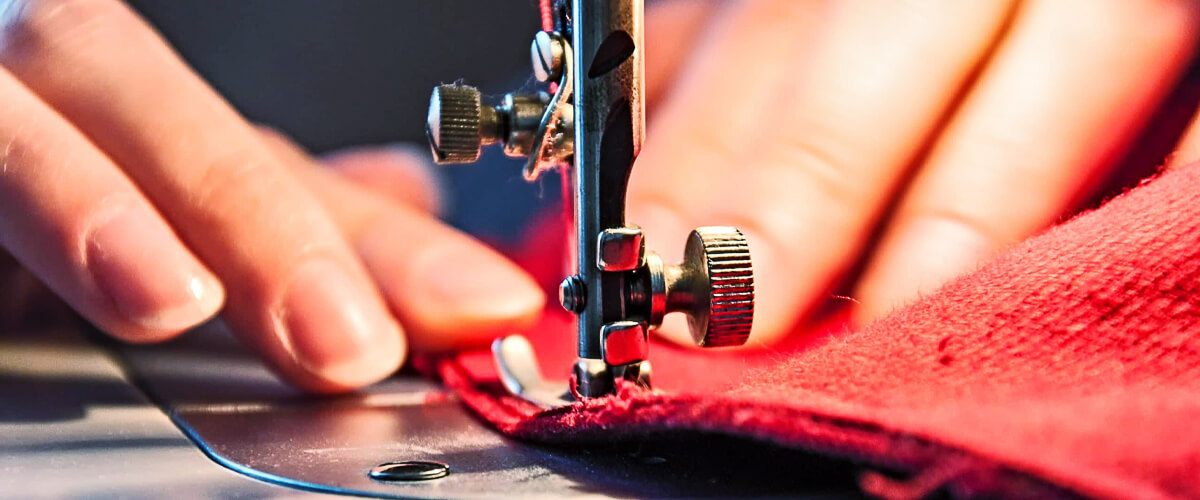
Ready to start a new hobby? Don’t worry, it’s easier than you might think! Here are a few basic tips to help you get started:
- Choose the right sewing machine for your needs and skill level. There are many different types of machines available, so I recommend doing some research before making a purchase.
- Gather basic supplies such as needles, thread, fabric, scissors, and pins. You can find these at your local craft store or online.
- Start with redesigning your clothes. I suggest starting with revamping outdated clothing. This approach can help you overcome your initial fear of making the first stitch while also giving new life to old garments. This will help you build your skills and gain confidence in your abilities.
- Take a needlework class or watch online tutorials. These resources can help you learn basic techniques and tips to improve your skills.
- Practice, practice, practice! Sewing is a skill that takes time and patience to master, so don’t be discouraged if your first few projects don’t turn out perfectly. Practice makes perfect, so take the time to perfect your stitches before moving on to more complex projects. The more you practice, the more comfortable you’ll become with your sewing machine and techniques. Aim to sew for at least 30 minutes each day.
Remember, sewing hobby is all about having fun and expressing your creativity. Don’t be afraid to experiment and try new things. With a little bit of practice and patience, you’ll be creating beautiful, handmade projects in no time!
Learning to sew
Learning to sew can be an enjoyable and rewarding experience, and there are many different ways to get started. Here are a few tips to help you on your sewing journey:
- Take a sewing class. Local community centers, sewing stores, and adult education programs offer needlework classes for beginners. These classes can provide a structured and supportive learning environment. As I have already mentioned, there are also many free online tutorials available that can help you learn basic sewing techniques and skills.
- Learn from friends and family. If you have friends or family members who are experienced sewists, ask them to teach you. Needlework can be a fun and social activity to share with others.
- Start with simple projects. Don’t try to tackle a complex project right away. Initially, I advise making simple products, such as a pillowcase or a tote bag, to build your confidence and skills. For beginners, there are many free cut-out patterns available online that you can use to start your textile art journey.
- Take breaks. Sewing can be a time-consuming activity, so make sure to take regular breaks to avoid eye strain and fatigue.
Sewing is important because it allows us to express our creativity, develop practical skills, and connect with others who share our passion. Therefore, do not concentrate all your attention only on the mechanical hand movements; focus primarily on your emotional state. The best way to truly enjoy needlework is by finding pleasure in the process rather than solely focusing on the result.
Sewing as a business
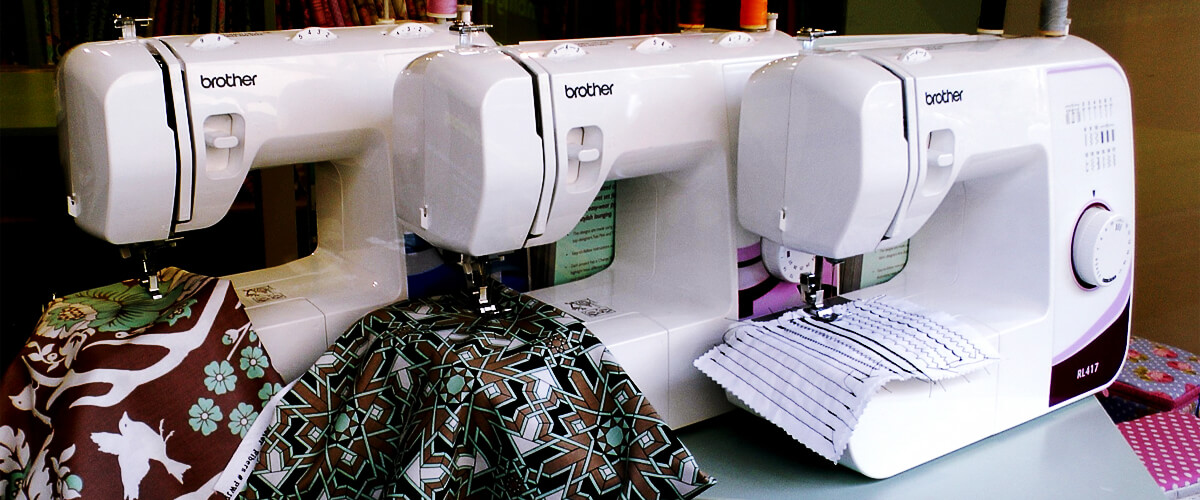
Sewing can be a great way to earn some extra income or even turn your passion into a full-time business. Well, I’m ready to share a few tips on how to start and promote a sewing business:
- Choose a niche. Decide on a specific type of sewing, such as baby clothes, home decor, or quilting. This will help you target your audience and stand out in a crowded market.
- Set up a website or social media accounts. Create a website or social media account to showcase your products or content. This will make it easier for potential customers or followers to find you.
- Create high-quality products or content. Ensure that your products or content is high quality to attract and retain customers or followers.
- Promote your business. Use social media, email marketing, or word of mouth to promote your business. Collaborating with other bloggers or businesses is also a great way to gain exposure.
- Price your products appropriately. Research the market and price your products or services competitively.
- Continuously improve your skills. Continuously improve your needlework skills to offer better quality products or content.
Textile arts can be a fun and fulfilling hobby or a profitable business. With hard work, determination, and a bit of creativity, you can turn your passion for needlework into a successful venture.
Sewing is a versatile hobby that people of all ages and skill levels can enjoy. Whether you want to express your creativity, relieve stress, or start a business, sewing has something to offer. By learning the basics, practicing regularly, and exploring different techniques, you can unlock the full potential of this rewarding craft.
FAQ
Is sewing difficult to learn?
Sewing can initially seem daunting, but with the right resources and practice, it is a skill that anyone can learn. Starting with simple projects and taking classes or using online tutorials can help beginners gain confidence and improve their skills.
Do I need a sewing machine to start sewing?
While a sewing machine can make the process faster and more efficient, it is not necessary to start sewing. Hand-sewing can be just as effective for simple projects, and many techniques can be done without a machine. However, if you plan on pursuing this hobby further, investing in a sewing machine can be a valuable long-term investment.
How do I choose the right fabric for my sewing project?
Choosing the right fabric is important for the success of your sewing project. Consider factors such as the weight and drape of the fabric, as well as its durability and ease of care. It is also important to consider the pattern or design of the fabric and how it will work with your project. Many fabric stores have knowledgeable staff who can help you choose the right fabric for your needs. It’s a good idea to buy a small amount of fabric first to test and make sure it works for your project before buying the full amount.

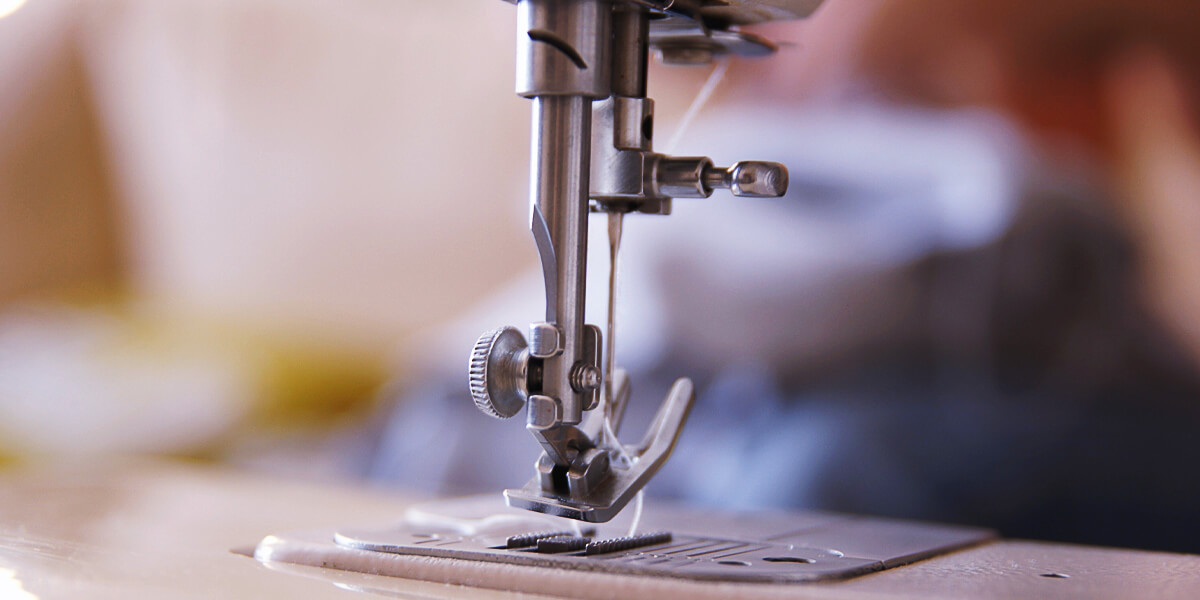
![The 4 Best Machines Under $500 [Budget Sewing Solutions]](https://www.favoritethings.net/wp-content/uploads/2024/03/best-sewing-machine-under-500-review-300x150.jpg)
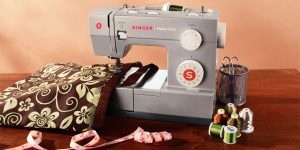
![Best Sewing Machines for Upholstery [Crafting with Quality]](https://www.favoritethings.net/wp-content/uploads/2024/02/best-sewing-machine-for-upholstery-300x150.jpg)
